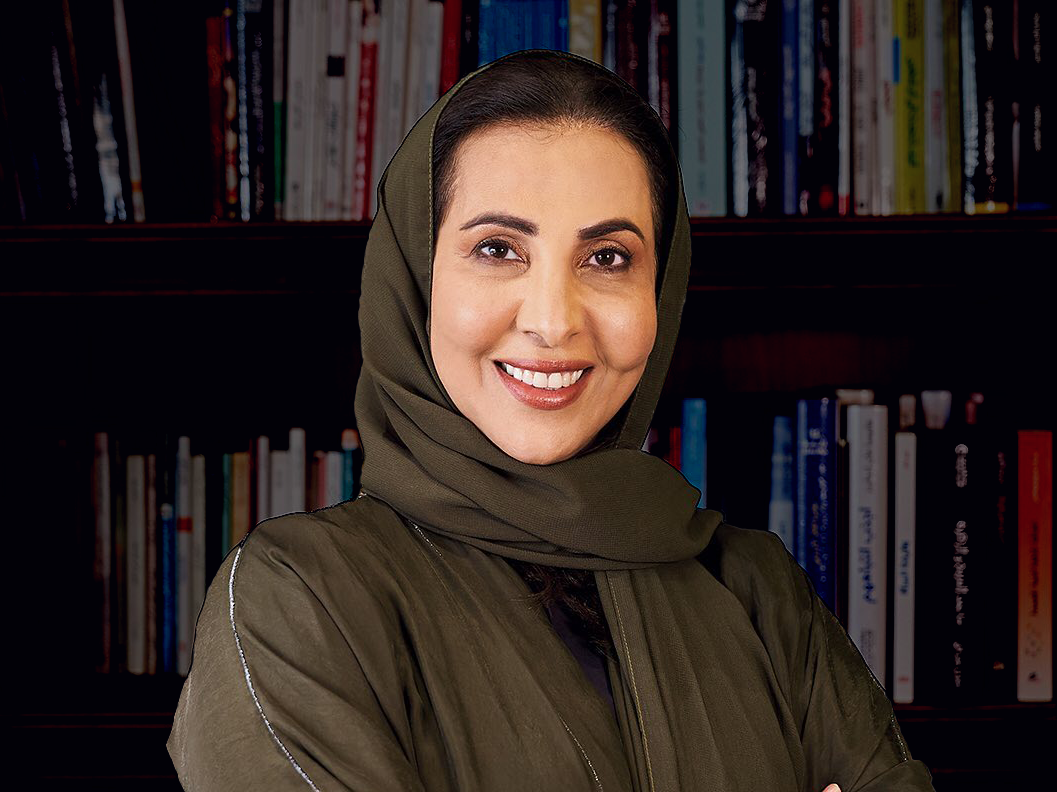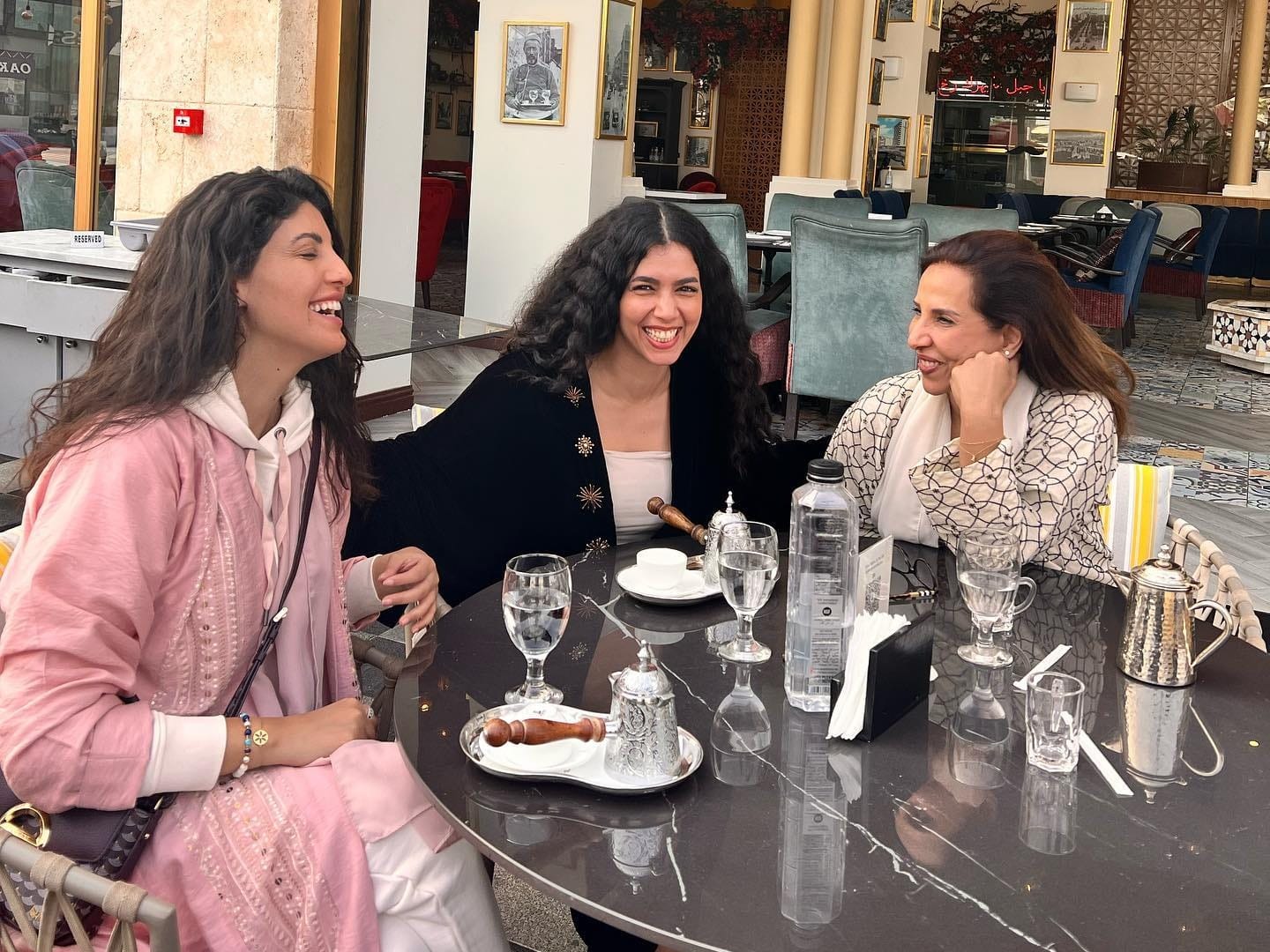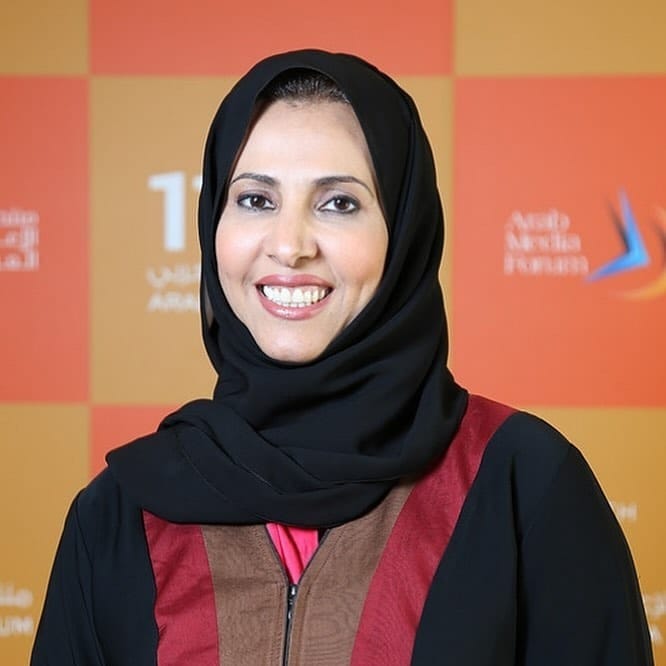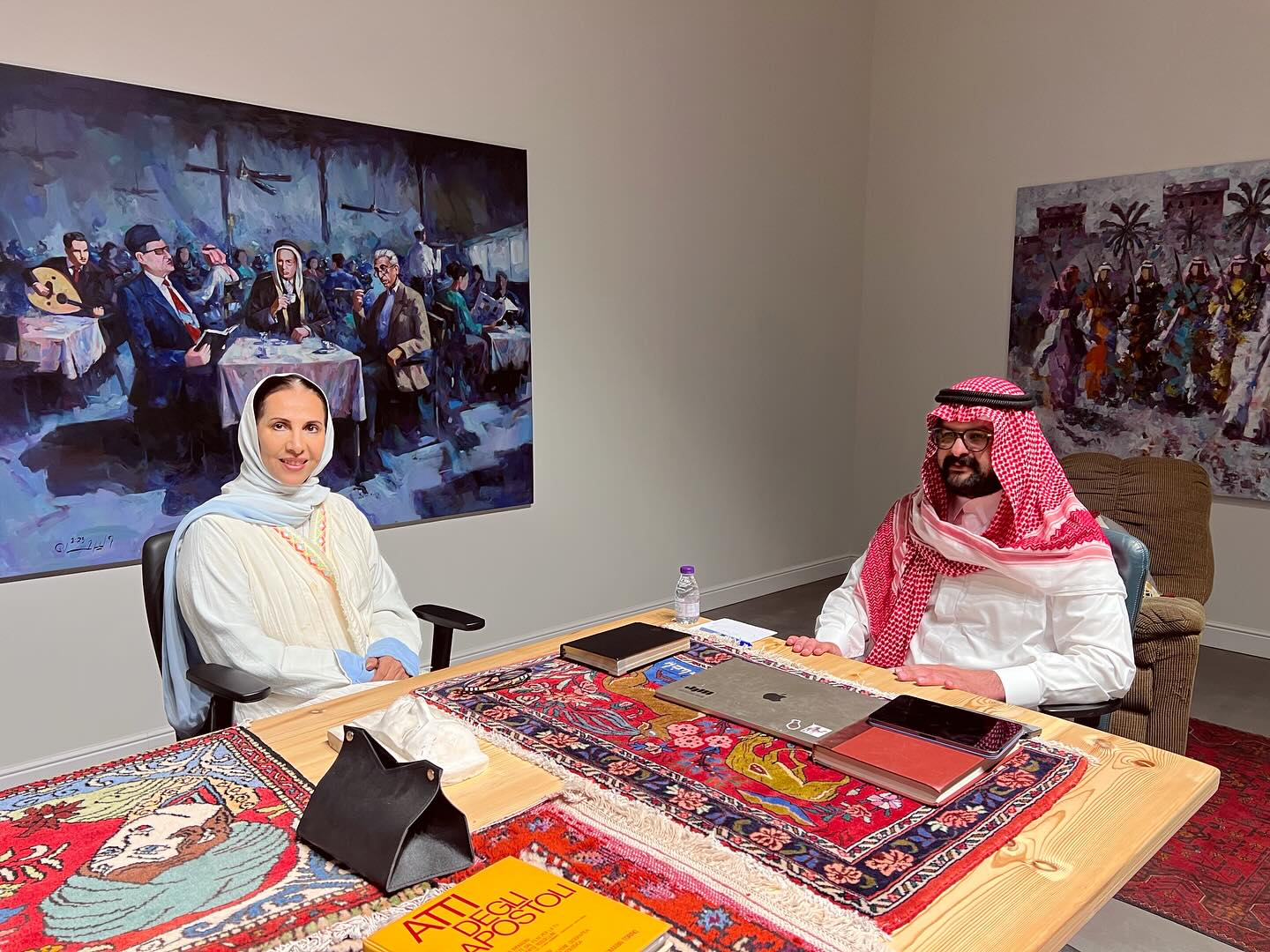
Badryah El-Bishr is not just a writer but a masterful storyteller whose words weave intricate tapestries of Saudi society. Her prowess in literature, journalism, and media has established her as a formidable force in cultural discourse. Through her work, Al-Bishr has redefined narratives, challenged norms, and inspired change, demonstrating the power of art in shaping minds and societies.

Early Life: The Foundation of a Masterpiece
Born in 1967 in Riyadh, Badryah Al-Bishr's early life was steeped in the rich traditions of her culture, yet she possessed a curiosity that reached beyond conventional boundaries. The second of nine children in a conservative family, she found solace and inspiration in education. Despite her parents' illiteracy, they encouraged her intellectual pursuits, unknowingly nurturing a future literary icon.
Her academic achievements set her apart. Al-Bishr earned both her bachelor's and master's degrees from King Saud University before achieving a PhD in Philosophy of Arts and Sociology from the Lebanese University in 2005. Her academic journey was marked by an insatiable desire to understand the social fabric of her homeland, a theme that would become the cornerstone of her work.
Literary Brilliance: Stories That Resonate
Al-Bishr's novels are masterclasses in storytelling. Her ability to capture the essence of Saudi life, particularly the experiences of women, is both poignant and powerful.
- Hind and the Soldiers (2005): This novel is a literary mirror, reflecting the nuanced lives of Saudi women. Al-Bishr's writing is both an art and a statement, using fiction to unveil truths about societal norms.
- The Seesaw (2010): With this novel, Al-Bishr elevated her craft, exploring the delicate balance between tradition and modernity. Her storytelling technique, akin to a painter's brushstrokes, brought to life the emotional and cultural dilemmas of her characters.
- Love Stories on al-Asha Street (2013): This novel, set against the vibrant backdrop of 1970s Riyadh, is a testament to her literary mastery. It intertwines romance with social commentary, a delicate balance that only a true artisan of words could achieve. The novel's longlisting for the 2014 International Prize for Arabic Fiction was a recognition of her talent on an international stage.

The Impact of Her Novels
Al-Bishr's work is not only celebrated for its artistic merit but also for its societal influence. Her novels have been part of academic curricula, introducing students to the complexities of Saudi culture and the power of female voices. Critics have often lauded her for her bravery in tackling sensitive subjects and for giving a voice to those often unheard in society.
Journalism: Crafting Change Through Columns
Al-Bishr's weekly column for Al Yamama magazine was more than journalism—it was art in prose form. Her columns dissected cultural traditions, advocated for women's rights, and challenged societal taboos with a precision that underscored her mastery of the written word.
Her journalistic career also extended to Al Hayat newspaper, where she continued to use her platform to advocate for change. She addressed controversial topics with a balanced perspective, which earned her both acclaim and criticism—a testament to her impact in Saudi media.
In 2011, she became the first woman to win the "Best Newspaper Column" award at the Arabic Press Awards. This accolade was not merely an acknowledgment of her skill but a celebration of her artistry in conveying complex societal issues with clarity and impact.

Media Presence: An Artistic Approach to Television
As the host of Badria on MBC, Al-Bishr brought her narrative craftsmanship to the screen. She approached each episode with the finesse of a storyteller, crafting discussions that were as engaging as they were enlightening. Her show transformed the traditional talk show format into a platform for cultural dialogue, blending entertainment with education—a rare feat that showcased her versatility as a master of multiple mediums.
Her television show was particularly noted for its inclusive approach, encouraging dialogues that spanned generational and cultural divides. This platform allowed ordinary Saudis to share their stories, reinforcing Al-Bishr’s belief in the importance of every voice in the cultural conversation.
Personal Life: A Muse and a Master
Al-Bishr's personal experiences have often been the quiet muse behind her stories. Her marriage to Nasser Al-Qasabi, a celebrated Saudi actor, is a partnership of creative minds. Together, they embody the harmony of tradition and modernity, much like the themes of her work. Her family life, filled with love and support, has enriched her storytelling, allowing her to draw from authentic experiences and craft narratives that resonate deeply with audiences.
Despite her busy professional life, Al-Bishr has managed to maintain a balance between her creative pursuits and her role as a mother. She has often spoken about how her children inspire her to write stories that not only entertain but also educate and empower future generations.
Legacy: A Masterpiece in Progress
Badryah Al-Bishr’s influence on Saudi culture is akin to an artist's brushstrokes on a canvas—each word, column, and episode adding to a greater masterpiece. Her legacy is not static but evolving, much like art itself. She has not only opened doors for future generations of female writers and media personalities but also set a benchmark for artistic excellence in cultural discourse.
Her contributions to literature, media, and culture have been recognized with numerous awards and accolades, both locally and internationally. Al-Bishr's work is studied in universities, and her influence continues to inspire new generations of writers and thinkers.
Conclusion: The Art of Influence
Badryah Al-Bishr's story is a reminder that true mastery lies in the ability to influence, inspire, and innovate. Her journey from a traditional Riyadh neighborhood to a celebrated cultural icon is a portrait of artistic brilliance and unwavering dedication. Her work, a blend of art and advocacy, will continue to inspire generations, proving that the pen, when wielded by a master, can indeed be mightier than the sword.
Al-Bishr’s journey is a testament to the transformative power of storytelling. Her art has become a bridge between cultures, a voice for the marginalized, and a beacon of change in Saudi Arabia and beyond. As her story continues, it is clear that Badryah Al-Bishr is not just a master of her craft—she is an artist whose legacy will endure through the stories she has told and the ones she has yet to write.

